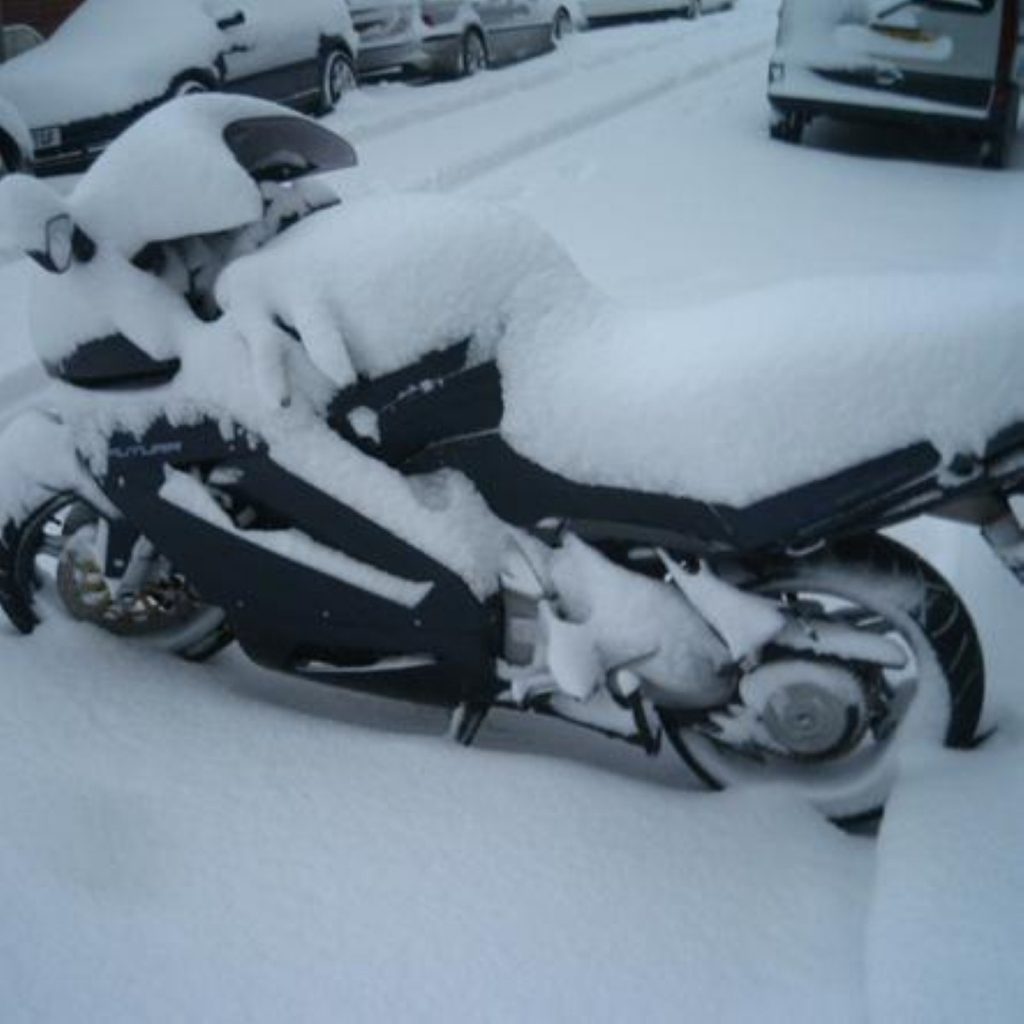Snow impact on GDP ‘even worse’ than thought
Britain’s economy contracted by 0.6% in the final quarter of 2010, official figures now confirm.
The Office for National Statistics had previously said GDP growth in October, November and December stood at 0.5%.
It has now revised that figure downwards, in a development likely to trigger another wave of hand-wringing about the state of the recovery.


“Of course we should always treat one quarter’s figures with caution, but it is not cautious for the Treasury to plough on regardless,” shadow chancellor Ed Balls said.
“George Osborne was complacent in declaring before Christmas that he had saved the economy and secured the recovery. And he is being complacent now in refusing to accept that his choice to cut too deep and too fast is holding back our economy and putting jobs at risk.”
Growth in the production industries was revised from 0.9% growth to 0.7%, while the service industries contracted by 0.7%, not the 0.5% previously thought.
But the construction industry was judged to have improved, with output falling by 2.5% rather than the previously thought 3.3%.
“The government’s hope of an upwards revision of growth has been dashed,” TUC general secretary Brendan Barber commented.
“It’s time to wake up and smell an economy in big trouble. We need a plan B that doesn’t send it over the edge with deep rapid spending cuts.”
If Britain records another quarter of economic contraction in the first three months of 2011 the economy will again enter recession, confirming the fears of those who believe the coalition’s spending cuts are hurting growth.
The VAT hike from 17.5% to 20% was introduced at the beginning of January. But this quarter does not include the disruption seen in December caused by heavy snowfalls, which pundits have said hid the real picture of stagnant growth.
Mr Balls added: “The early signs are that the Tory-led government’s reckless decision to abandon Labour’s plan to halve the deficit over four years has seen the economy take a turn for the worse.
“We now face the worst of all worlds – unemployment and inflation both rising, growth stalled and consumer confidence collapsed. And this is before the government’s extreme fiscal tightening really starts to bite.”

